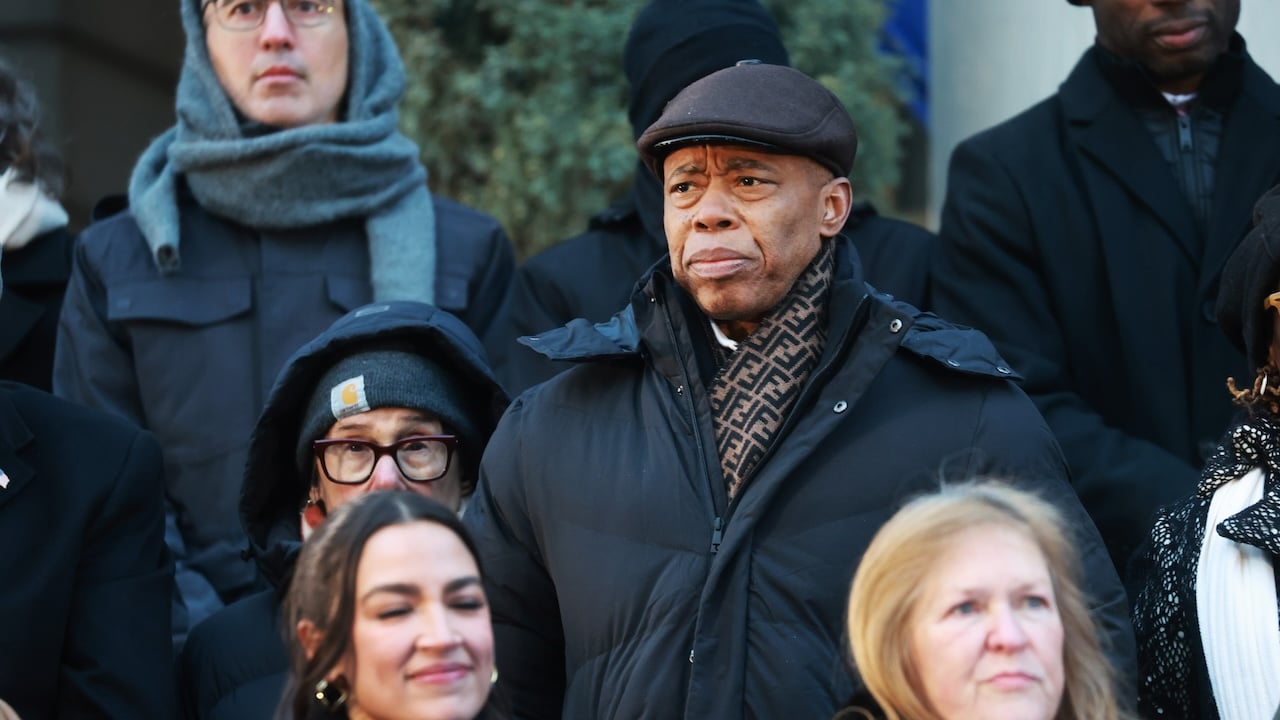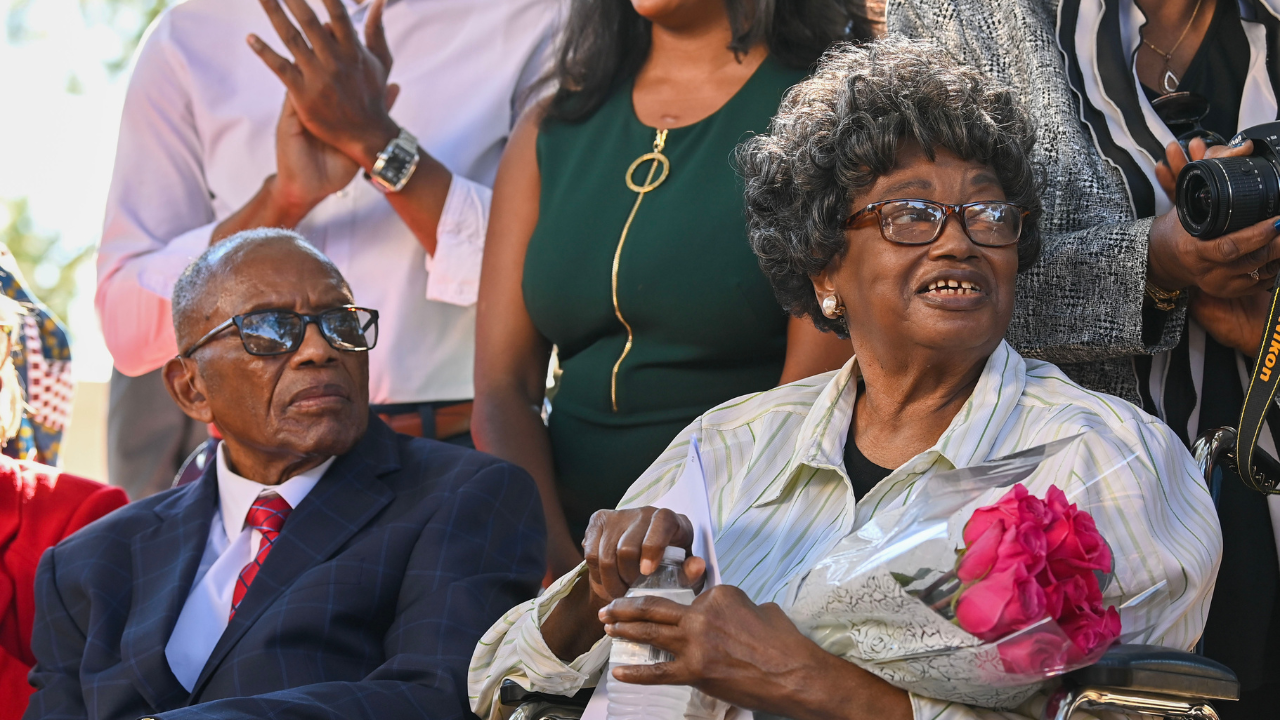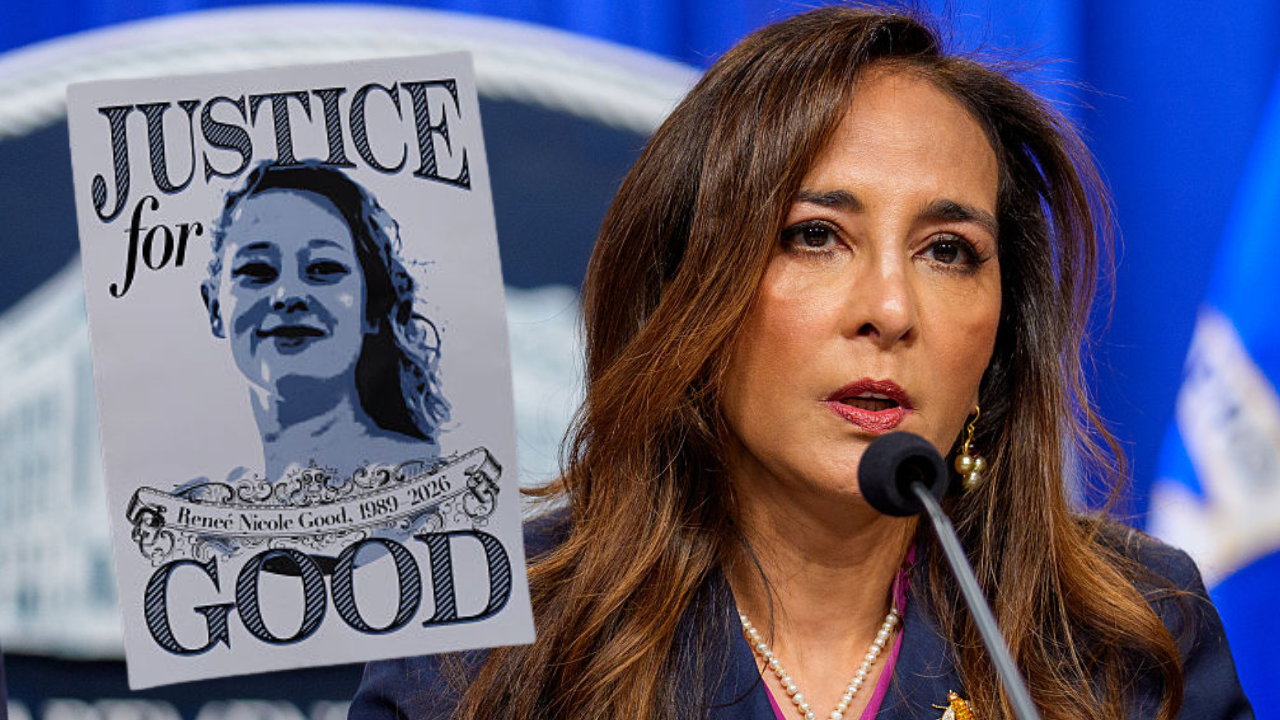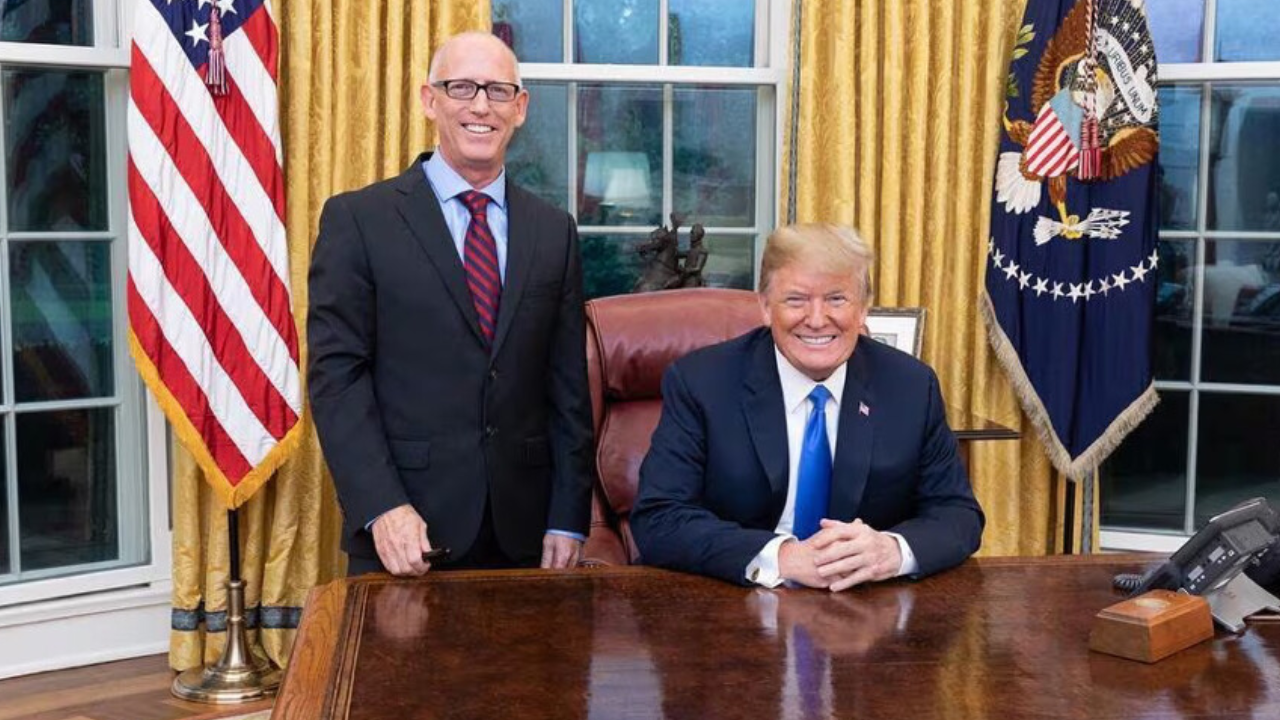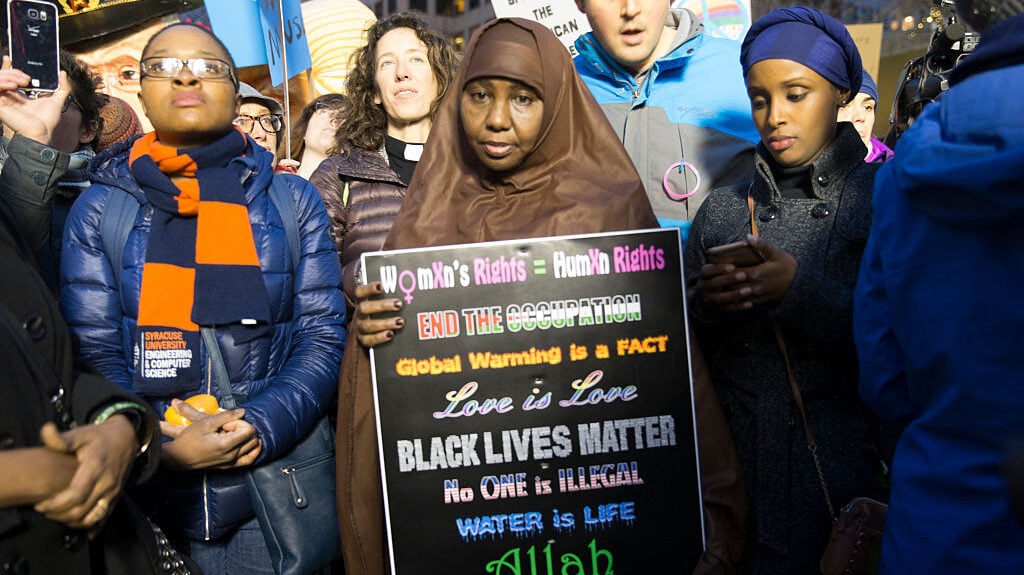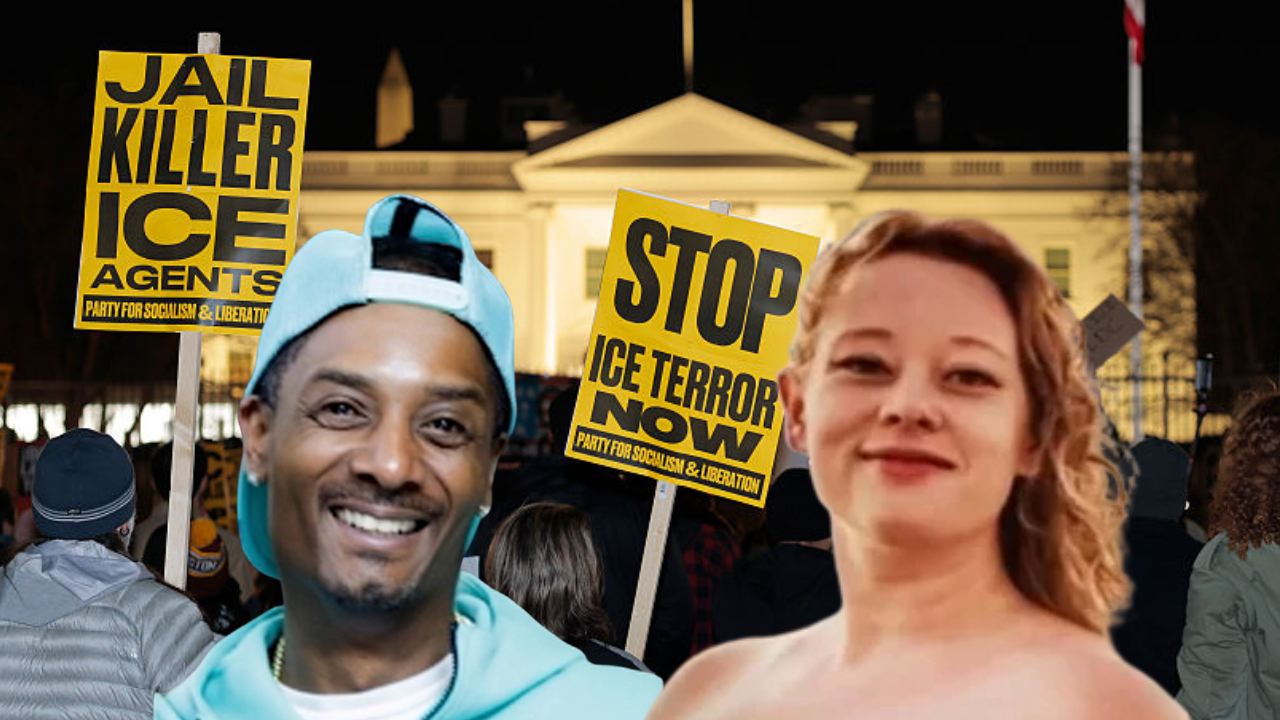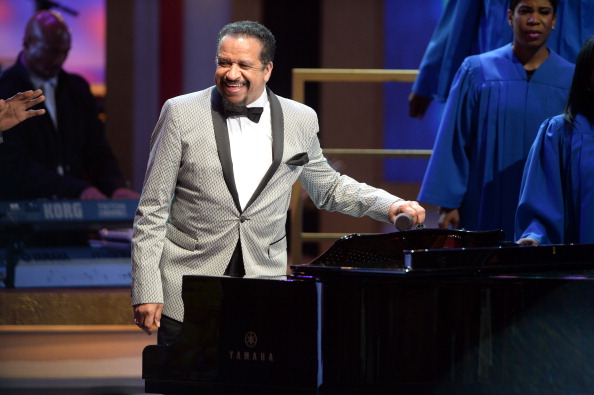For Terence Crawford, being ‘The Greatest’ doesn’t exclude him from the possibility of death in America

For a few weekends in Omaha, Nebraska, the prophet was welcomed in his hometown.
After Terence “Bud” Crawford dismantled Canelo Alvarez on Sept. 14 in a boxing match that cemented him as one of the sport’s all-time greats, he returned to a hero’s welcome. Six days later, on a college football Saturday, he led the University of Nebraska’s football team onto the field against Big Ten foe Michigan. He wore a jersey with the number “168” to commemorate his undisputed championship status in that weight class.
On Sept. 27, there was a celebration in his honor when he received the second key to the city from Omaha mayor John Ewing, Jr. That occasion offered a display of Bud’s “sweet science” – the ability to appear humble and supremely confident at the same time. In one instance, there was a touching tribute to his son; in the next, a playful question to Ewing: “Tell me, what do this [key] open?”
That parade should have parlayed into his 38th birthday Sunday, but what started as a reported traffic stop for reckless driving turned much more fearful. Around 1:30 a.m. that morning, Crawford was forced out of his car at gunpoint by Omaha police.
“I’m not reaching for no gun, bro,” Crawford exclaims in video footage taken before and after he slowly steps out of the vehicle. It was later found that everyone in the car was legally licensed to carry firearms.
Omaha’s mayor couldn’t have imagined having to mention the hometown hero in this context so soon, and yet, on Sunday afternoon, he acknowledged “the seriousness of what occurred” and how “trust between law enforcement and our community is important and shows the need to be continuously vigilant about building relationships.”
Boxing is a bloodsport. Traffic stops should not be, and yet they have been far too often for Black men. The most notable of those stops might be the one in Minnesota that involved Philando Castile in 2016. Castile was also legally licensed to carry a gun, yet was still killed by Officer Jeronimo Yanez on July 6, only 12 days short of his 33rd birthday.
It’s hard to imagine that anything could stop Crawford. He conquered the narratives about his marketability as convincingly as he squashed the doubters who said he never fought any great boxers. Yet at a traffic stop on his birthday, far from the inherent danger of a boxing match, he found himself facing the same prospects as any pugilist – the possibility of death.
Al Powers/ESPN Images
Being “The Greatest” in America invites celebrity, but it doesn’t welcome Blackness. It could be argued that boxing’s first GOAT [Greatest Of All Time] was Jack Johnson, the provocateur who became the first Black heavyweight champion. It could be argued that the first “Fight of the Century” between Johnson and opponent James Jeffries in 1910 was a form of race-baiting, as the boxing match was billed with deliberate racial overtones. Jeffries explicitly said that he came out of retirement for “the sole purpose of proving that a white man is better than a Negro,” a declaration that led some to name him a “Great White Hope.”
Johnson’s decisive July 4, 1910 victory ignited a series of race riots and white mob violence across the country, including in Omaha. The film of the fight was deemed so provocative that Congress later banned it and Johnson’s victory over Jim Flynn in 1912 under the Sims Act. The local Daily News had this commentary: “In spite of occasional lynchings in the South, the social adjustment between the white and black races was coming to a better status when along came the Jeffries-Johnson prize fight and put the conditions back at least forty years.”
Jim Crow would say something entirely different in terms of “social adjustment.” That’s why it’s important to note that Omaha isn’t just Bud’s home. It’s the birthplace of Malcolm X, a controversial Black leader during the Civil Rights Movement of the 1960s.
A 30-minute drive from the site of Crawford’s parade would have taken you to 3448 Pinkney Street, the site of Malcolm X’s childhood home. It’s understandable that people associate El-Hajj Malik El-Shabazz with Harlem, New York, and a Pan-African movement, but it all began with the birth of Malcolm Little on May 19, 1925 in Omaha.
Both Bud and Malcolm experienced childhood trauma, albeit for different reasons. Crawford told CBS in 2023 that his mother paid other children to try to beat him up. “I was angry but I feed off of that,” he told CBS Mornings. “I feed off of the non-believers.”
Bud has since patched up his relationship with his mother.
Malcolm, of course, famously found himself on the run between Nebraska, Michigan and Boston because of his parents’ Pan-African beliefs. Earl and Louise Little were devout followers of Marcus Garvey, who preached self-determination and Black independence.
The two were also linked by proximity to “The Greatest.” Boxer Muhammad Ali and Malcolm X became great friends before the politics of the Nation of Islam drove a wedge between them in the ’60s. Ali famously wrote in his 2004 autobiography, “The Soul of a Butterfly,” that “turning my back on Malcolm was one of the mistakes that I regret most in my life.”
In many ways, Ali is Bud’s North Star. In a July video with The Daily Mail, Crawford fielded a who’s who of famous boxers, placing them in categories of “good, great, legend and GOAT.” He saved Ali for GOAT status.
Ali, of course, famously stood on business. He refused induction into the Army in 1967 as a “conscientious objector” based on his Muslim faith. It is a title that endured through his various causes and through the contempt of many, which only dissolved with his Parkinson’s diagnosis and memorable appearance to light the Olympic flame in Atlanta decades later.
Candice Ward/Getty Images for Netflix
Ralph Wiley once wrote a book about boxers called Serenity, and astutely noted that “fighters indeed have serenity to a greater degree than ordinary people.”
This feels like a proper way to describe being Black in this historically unrepentant country, with the slightest achievement being met by brutal force, with traffic stops being met by the real threat of judge, jury and, sometimes, executioner.
The post For Terence Crawford, being ‘The Greatest’ doesn’t exclude him from the possibility of death in America appeared first on Andscape.
What's Your Reaction?
 Like
0
Like
0
 Dislike
0
Dislike
0
 Love
0
Love
0
 Funny
0
Funny
0
 Angry
0
Angry
0
 Sad
0
Sad
0
 Wow
0
Wow
0




